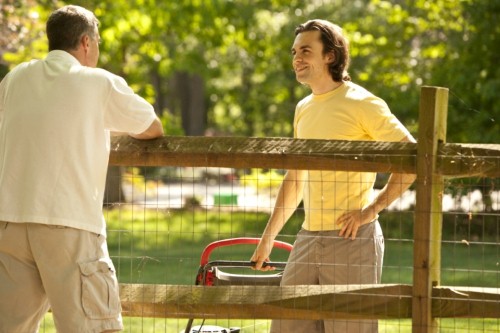While good fences may make good neighbors, in light of a natural disaster, it could be beneficial to tear that fence down. According to Daniel Aldrich, an associate professor of political science at Purdue University, who studies how people recover from natural disasters, relationships individuals have with their neighbors often prove to be invaluable during an emergency.
"Real social networks can save your life," said Aldrich, who has studied disaster recovery from Hurricane Katrina in 2005 and the 2011 Japan earthquake and tsunami. "Knowing your neighbor is especially critical in remote wilderness areas where people are more scattered."
In a Purdue article, Aldrich specifically talked about the recent wildfires in Colorado and New Mexico, and how residents in those areas could greatly benefit from simply talking to one another. For example, neighbors knowing each other well enough to be aware if someone has a medical condition or is immobile could be life-saving information.
Supporting these social networks is just as important as logistical planning and ensuring that a disaster kit is prepared with essentials such as water and flashlights, Aldrich said. Having one another's contact information could prove vital to ensure proper evacuation or to just notify them that an emergency is in effect.
Individuals are not the only ones who can benefit from open waves of communication. Small and large businesses would benefit from not only keeping in contact with each other before, during and after a natural disaster, but also from ensuring that there is an up-to-date business continuity plan in place. By partnering with a firm specializing in disaster recovery consulting, companies can rest assured that all employees will know the proper procedures to follow in an emergency.

